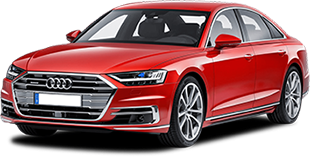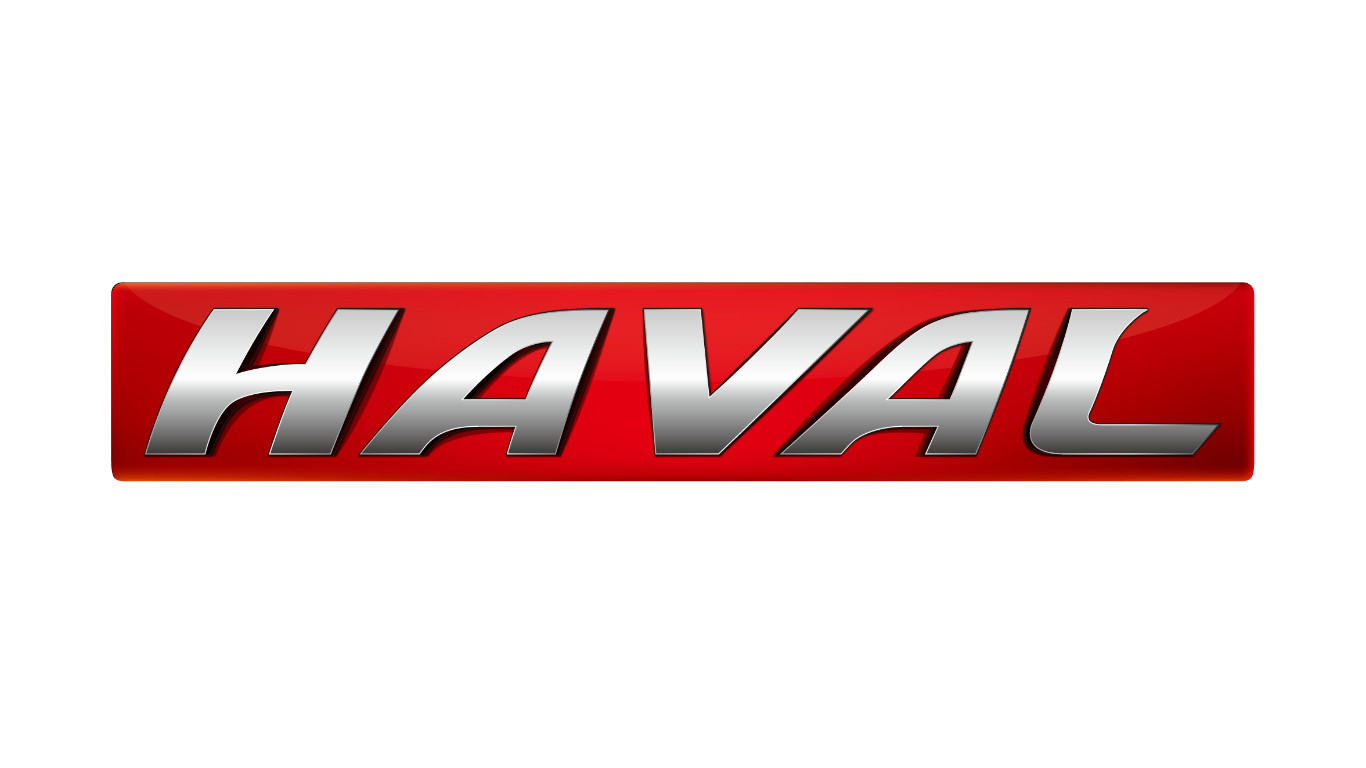Great Wall - Haval Coupe - Workshop Manual - 2015 - 2015
Get your hands on the complete Haval factory workshop software
Download nowGet your hands on the Complete Haval Factory Workshop Software
Download nowGet notified when we add a new HavalCoupe Manual
We cover 60 Haval vehicles, were you looking for one of these?

Haval - H6 - Sales Brochure - 2018 - 2018

Haval - H1 - Miscellaneous Documents - 2012 - 2014

Haval - H2 - Miscellaneous Documents - 2016 - 2016

Haval - H2 - Wiring Diagram - 2014 - 2014(Russian)

Great Wall - Haval H6 - Workshop Manual - 2013 - 2013 (Russian)

Haval - H2 - Owners Manual - 2016 - 2016(Persian)

Haval - H7 - Owners Manual - 2018 - 2018 (Chinese)

Haval - H5 - Sales Brochure - 2009 - 2009

Haval - H6 - Owners Manual - 2017 - 2017(Russian)

Haval - H6 - Owners Manual - 2011 - 2011 (Russian)

Haval - H2 - Miscellaneous Documents - 2018 - 2018

Great Wall - Haval H9 - Owners Manual - 2010 - 2010 (Russian)

Haval - H6 - Miscellaneous Documents - 2018 - 2018

Haval - H2 - Owners Manual - 2016 - 2016(Persian) (2)

Haval - H6 - Sales Brochure - 2018 - 2018 (2)

Haval - H6 Sport - Sales Brochure - 2014 - 2014 (Spanish)

Great Wall - Haval H5 - Sales Brochure - 2009 - 2009

Haval - H7 - Sales Brochure - 2015 - 2015

Haval - H2 - Sales Brochure - 2017 - 2017

Haval - H2 - Owners Manual - 2014 - 2014(Persian)

Haval - H1 - Sales Brochure - 2017 - 2017

Haval - H2 - Sales Brochure - 2018 - 2018 (2)

Haval - H6 - Sales Brochure - 2017 - 2017

Great Wall - Haval M4 - Miscellaneous Documents - 2014 - 2014

Great Wall - Haval M4 - Workshop Manual - 2013 - 2013 (Russian)

Haval - H2 - Sales Brochure - 2017 - 2018

Haval - H1 - Sales Brochure - 2017 - 2017 (2)

Haval - H2 - Sales Brochure - 2018 - 2018

Haval - H6 - Sales Brochure - 2013 - 2013(Spanish)

Haval - H7 - Sales Brochure - 2016 - 2016

Haval - H2 - Miscellaneous Documents - 2014 - 2014

Haval - H6C - Sales Brochure - 2017 - 2017

Haval - H2 - Sales Brochure - 2014 - 2016

Haval - H9 - Sales Brochure - 2018 - 2018

Haval - H2 - Sales Brochure - 2017 - 2017 (2)

Haval - H2 - Sales Brochure - 2016 - 2016(Russian)

Haval - H1 - Sales Brochure - 2012 - 2014(Spanish)

Great Wall - Haval M2 - Owners Manual - 2009 - 2009 (Russian)

Haval - H9 - Sales Brochure - 2017 - 2017

Haval - H2 - Sales Brochure - 2018 - 2018 (3)

Haval - H6 Sport - Miscellaneous Documents - 2011 - 2011

Haval - H6 - Sales Brochure - 2011 - 2011 (Russian)

Haval - H6 Sport - Sales Brochure - 2014 - 2014

Haval - H2 - Sales Brochure - 2017 - 2017 (4)

Haval - H1 - Sales Brochure - 2012 - 2014

Great Wall - Haval H6 - Sales Brochure - 2013 - 2013 (Spanish) (2)

Haval - H7 - Sales Brochure - 2015 - 2015 (2)

Great Wall - Haval H9 - Sales Brochure - 2017 - 2017

Haval - H2 - Sales Brochure - 2017 - 2017 (3)

Haval - H2 - Sales Brochure - 2014 - 2014

Haval - H2 - Sales Brochure - 2016 - 2016

Haval - H6 - Sales Brochure - 2011 - 2011

Great Wall - Haval H2 - Workshop Manual - 2015 - 2015

Great Wall - Haval H6 - Workshop Manual - 2015 - 2015

Great Wall - Haval H9 - Workshop Manual - 2015 - 2015

Great Wall - Haval H5 - Sales Brochure - 2014 - 2014

Great Wall - Haval H8 - Workshop Manual - 2015 - 2015

Great Wall - Haval H6 - Sales Brochure - 2018 - 2018

Great Wall - Haval H2 - Sales Brochure - 2018 - 2018

Great Wall - Haval H9 - Sales Brochure - 2018 - 2018

Haval - H6 - Sales Brochure - 2018 - 2018

Haval - H1 - Miscellaneous Documents - 2012 - 2014

Haval - H2 - Miscellaneous Documents - 2016 - 2016

Haval - H2 - Wiring Diagram - 2014 - 2014(Russian)

Great Wall - Haval H6 - Workshop Manual - 2013 - 2013 (Russian)

Haval - H2 - Owners Manual - 2016 - 2016(Persian)

Haval - H7 - Owners Manual - 2018 - 2018 (Chinese)

Haval - H5 - Sales Brochure - 2009 - 2009

Haval - H6 - Owners Manual - 2017 - 2017(Russian)








































































































































































































































